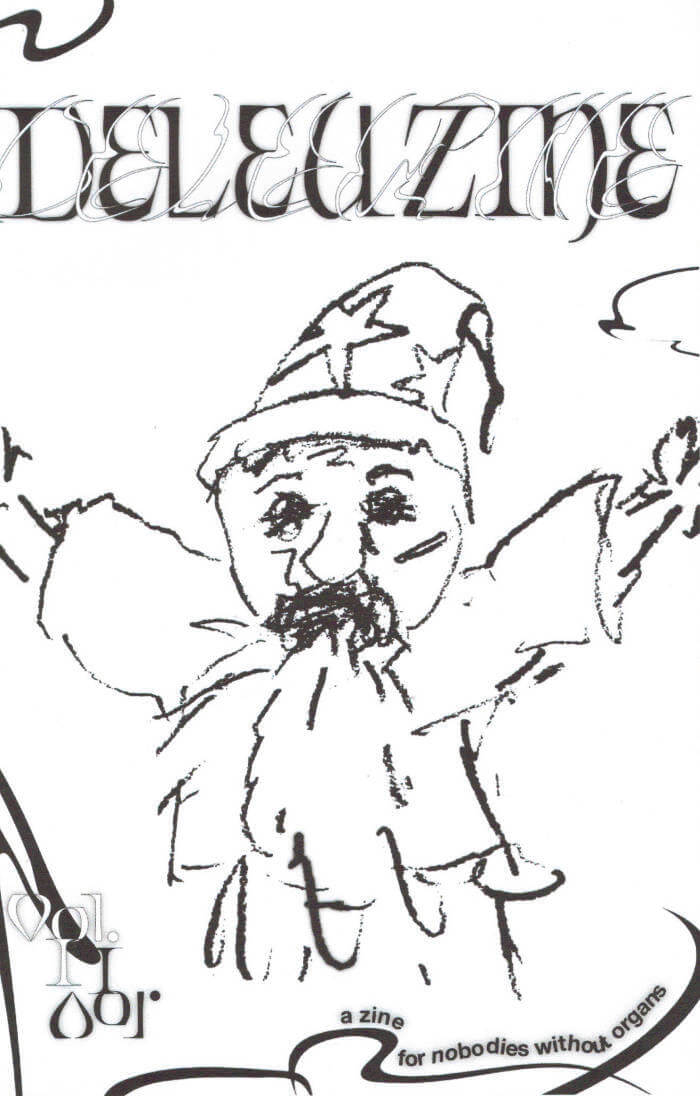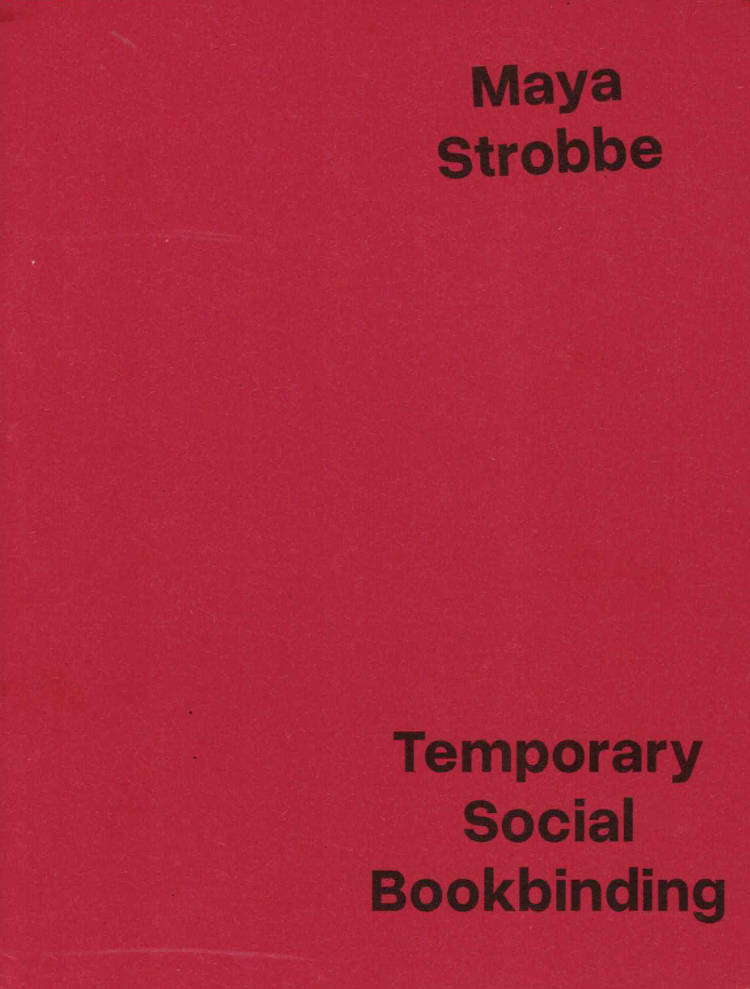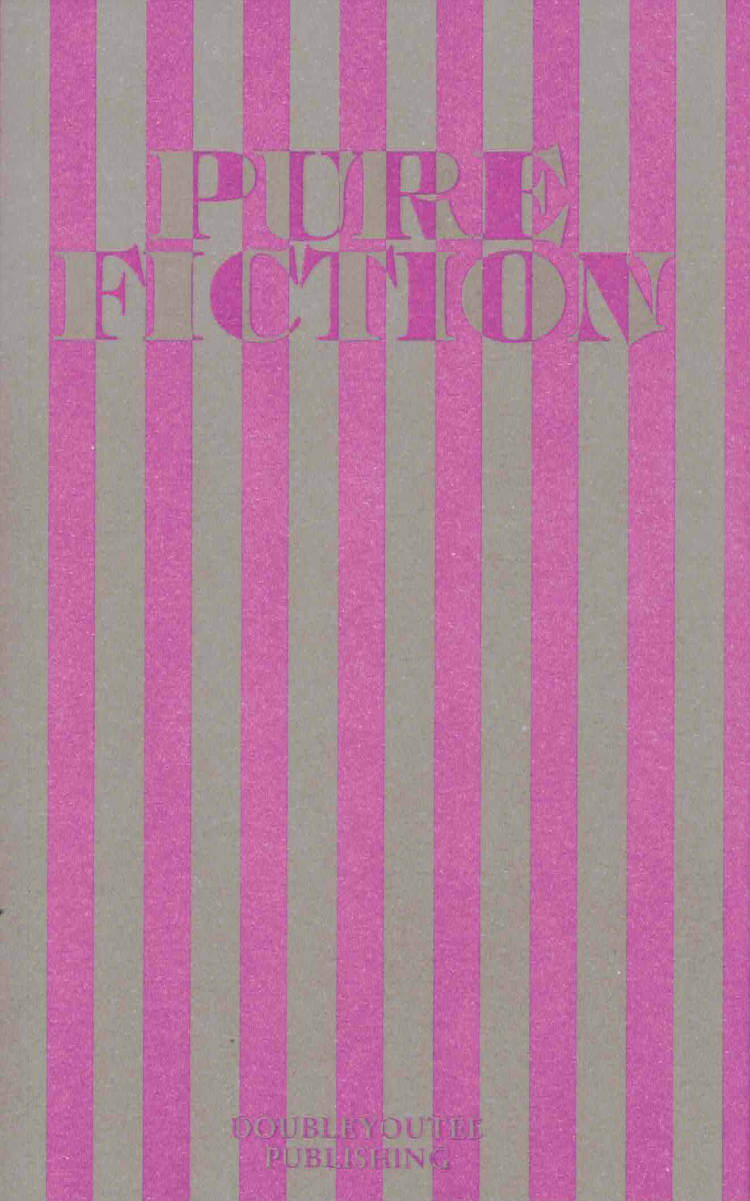
Deleuzine Vol. 1 - Sprouting In All Directions
Sabeen Chaudhry ed., Lilly Marks ed.
Deleuzine: A Zine for Nobodies Without Organs is an experimental publication inspired by the writings of French philosopher Gilles Deleuze, as well as figures whose life or work can be said to exemplify aspects of Deleuze’s philosophy of life, including Antonin Artaud, Ezekiel Mphaphele’s Wanderers and Kathy Acker among others. Encompassing the fields of literature, philosophy, ethnography, archaeology, and the arts, the publication aims at a radical exploration (and exploitation) of word, image, and printed matter towards beauty, but also aesthetic and political freedom.
With contributions by: Egle Ambrasaite, Alex Aspden, Edoardo Biscossi, Sabeen Chaudhry, Ruby Conner, Genevieve Costello, Andrew Culp, Anna Luisa Di Lauro, Sophie Fitze, Roxman Gatt, Helena Grande, Rose Higham-Stainton, Sevana Holst, Patrick McAlindon, Geiste Kincinaityte, Michele Muraca, Holly Rowley, Katie Shannon, Natalie Stypa, Katarina Sylvan, Elaine Tam, Haydée Touitou, Samuel White, Romy Day Winkel.
Edited by: Lilly Marks, Sabeen Chaudhry and Holly Rowley.
Language: English

.jpg)





